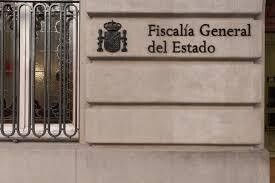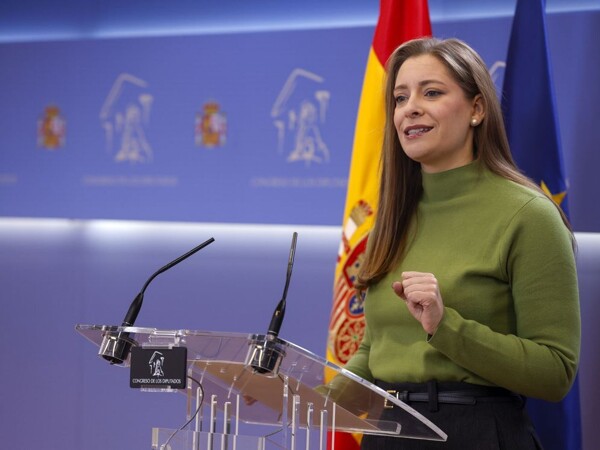
Madrid, Nov 3, 2025 – The Criminal Chamber of the Supreme Court (TS) began today the trial against the Attorney General of the State, Álvaro García Ortiz, accused of revealing secrets for allegedly leaking an email in the case against Alberto González Amador, the partner of the President of the Community of Madrid, Isabel Díaz Ayuso.
The trial will explore the evidence, the origin of the emails, the actions of the Attorney General, and the legality of the procedures carried out. The outcome of the trial will not only decide the fate of Álvaro García Ortiz, but will also lead to a significant ruling on the structure of the Prosecutor's Office, the scope of rights in high-level investigations, and the relationship between justice, political power, and the media.
However, the Prosecutor's Office maintained that these elements come from a defective procedure that did not respect the constitutional and procedural guarantees.
This trial, of enormous institutional repercussion, involves more than forty witnesses —including prosecutors, journalists, and judicial officials— and represents the first time in Spanish democracy that an Attorney General of the State has sat in the dock.
In a day charged with exceptional arguments, both the State Attorney's Office and the Prosecutor's Office—represented by the Supreme Court's Deputy Prosecutor, María Ángeles Sánchez Conde—requested the nullity of multiple proceedings, considering that the fundamental rights of the accused have been violated.
During the preliminary issues, García Ortiz's defense questioned the search ordered in his office on October 30, 2024, by the investigating magistrate Ángel Hurtado, and argued that such action affected not only the right to defense of the accused but also the functioning of the Prosecutor's Office as a whole.
Deputy Prosecutor Sánchez Conde expanded the argument, stating that “all the rights of the Prosecutor's Office to its professional work were violated,” and that the intervention was carried out “as if it were for terrorist crimes,” referring to the institutional treatment the general office received.
The State Attorney's Office, exercised by lawyer Consuelo Castro, defended the Attorney General and denounced a process with a preconceived orientation: “There is an inquisitive and prospective bias,” she affirmed, referring to the investigation that, in her view, was directed from its beginning against García Ortiz without analyzing alternatives.
Prosecutor bodies have questioned the targeting of García Ortiz as part of a “lawfare” strategy and have warned about the risk to the independence of the Public Ministry.
Both defenses requested the nullity of the search, of all the evidence derived from it—including disks, SIM cards, and professional accounts—and of the rogatory commissions issued to Ireland and the United States.
The alleged crime on trial is linked to the leak to the media of the lawyer of González Amador's email, in which he admitted to having committed tax crimes and proposed a settlement agreement with the Prosecutor's Office.
The requests for conviction range from 4 to 6 years in prison and up to 12 years of disqualification from office, although the Prosecutor's Office and the State Attorney's Office acquittal.
The development of the process is inserted in a particularly charged political and media context, marked by mutual accusations of instrumentalization of justice and institutional wear.
Both the Prosecutor's Office and the defense have converged on this point: their rejection of the procedure is a central part of their strategy.
The accusation bases its argument on the deletion of messages from the Attorney General's mobile phone on October 16, 2024, the day the Supreme Court admitted the case, as well as on reports from the Central Operational Unit (UCO) of the Guardia Civil.
For their part, media and political sectors demand that the origin of the alleged leak and the corresponding responsibilities be thoroughly investigated.
In this first day, it became clear that the axis of the litigation will not only be to verify if there was a leak, but to determine if the investigation that was conducted violated the rights and basic guarantees of the accused, and if that defect should lead to the nullity of the case.














